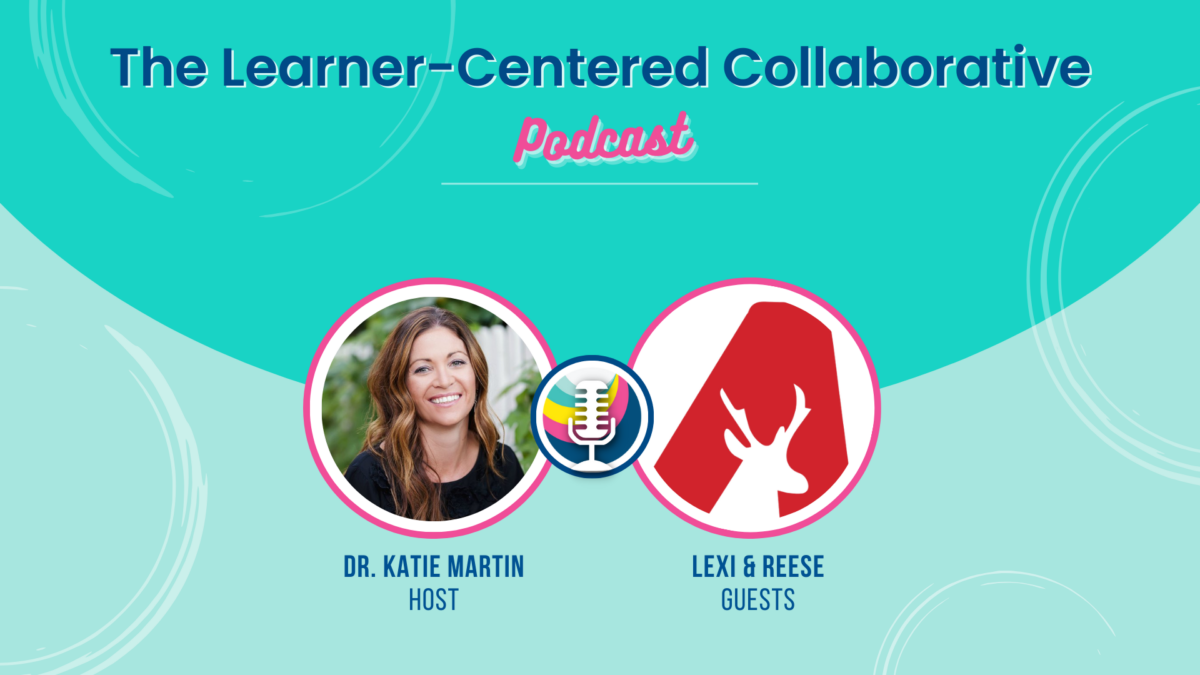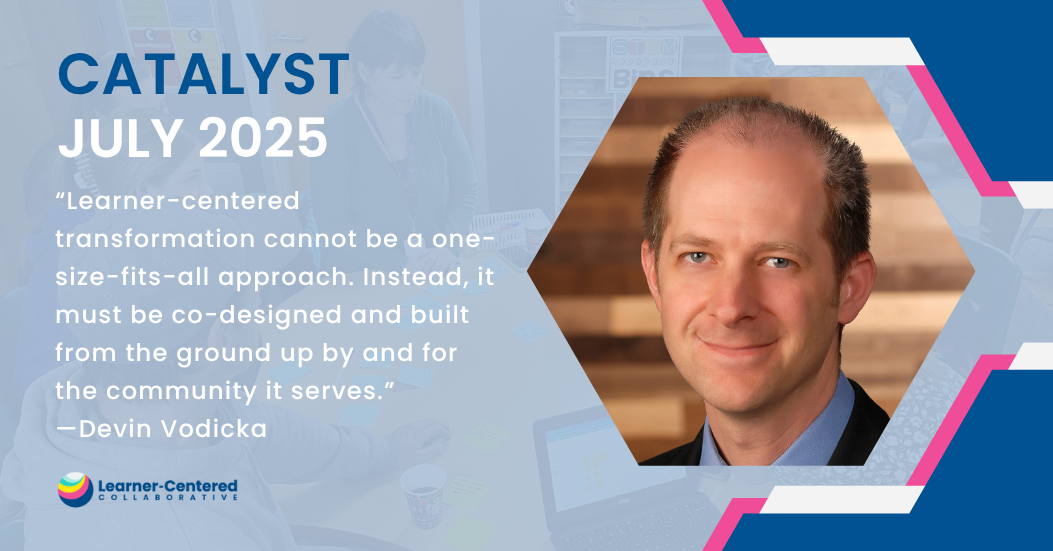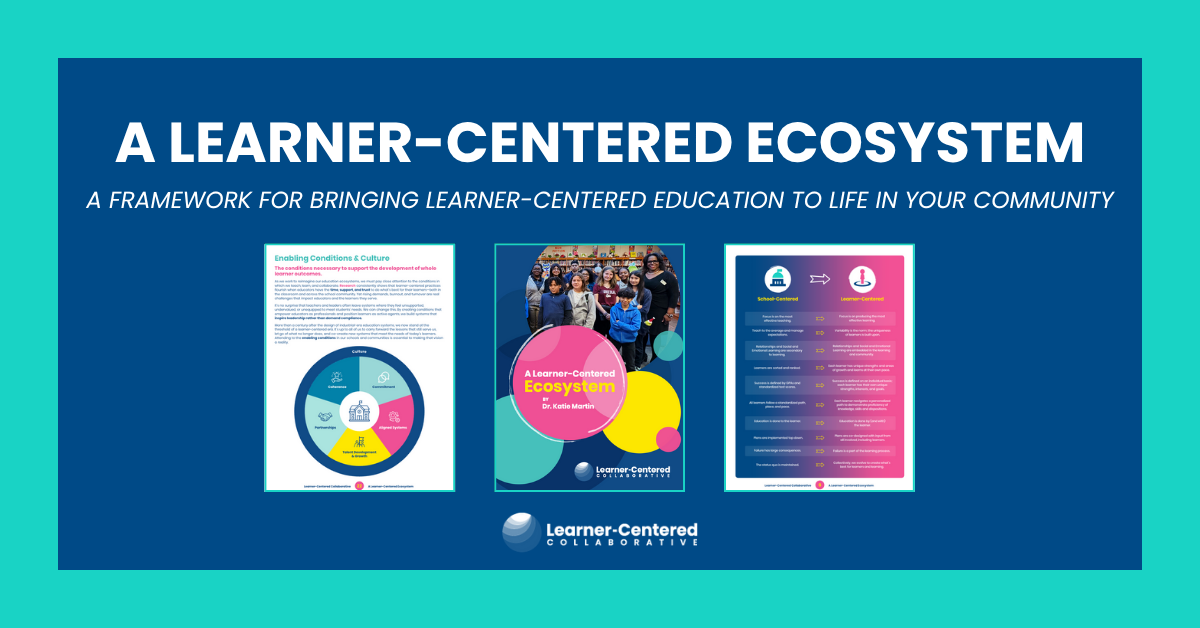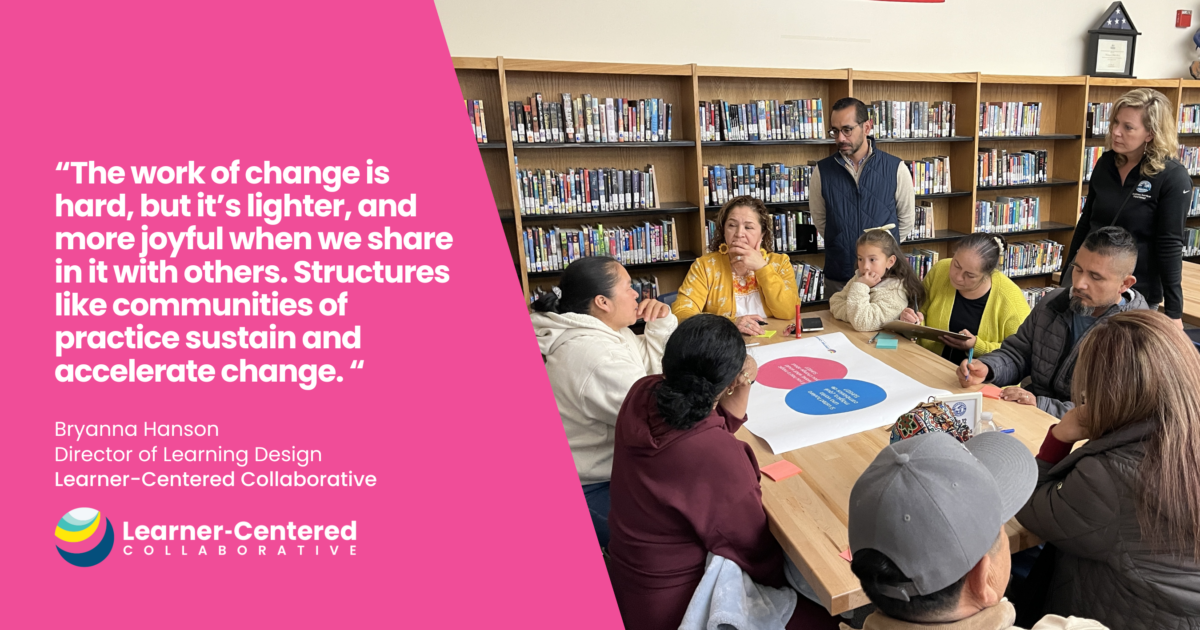Episode 19: Empowering Young People to Thrive in All Areas of Life with Kirsten Jones
By loading this video, you agree to the privacy policy of Youtube.
Episode Summary:
Did you know that over 70% of athletes drop out of sports altogether by age 13? That’s just one fact we learned from Kirsten Jones, author of Raising Empowered Athletes, during this enlightening episode.
Youth sports have always acted as a great space for kids to get their energy out while learning how to collaborate, lead, and work through adversity. But, what is the experience young people are having that make them give up on something that at its core should be fun and engaging?
That’s one of many questions that’ll spark your curiosity as you tune-in and learn more from Kirsten. During our time together, she shares:
- 🚜 Insights from her childhood and how growing up on a farm in Montana shaped her understanding of grit and resilience.
- 🏐 Her experience as a college athlete playing volleyball for the College of William and Mary.
- 🏆 How the professionalization of youth sports has led to increased pressure on children and parents.
- 📚 The inspiration behind her book, Raising Empowered Athletes, and how it provides a guide for parents to raise happy, brave, and resilient kids.
- 🏅 Where parents should focus their attention when it comes to youth sports—developing skills, mindsets, and behaviors that matter beyond just winning trophies.
- 🧠 The importance of giving children the space to discover their own passions and dreams.
Related Resources:
- Raising Empowered Athletes (Amazon).
Order Kirsten’s book from Amazon or request it from your favorite independent book store. - #RaisingAthletes Podcast (Apple Podcasts).
Learn more from Kirsten and her co-host, Susie Walton as they interview coaches, parents, athletes, and trainers about everything youth sports. - Amplify Learner Voice (LCC Online Course).
Dive into different ways to deeply listen to learners by asking them to engage in classroom and school decisions, solicit their feedback about their learning experience, and promote equity of voice.




